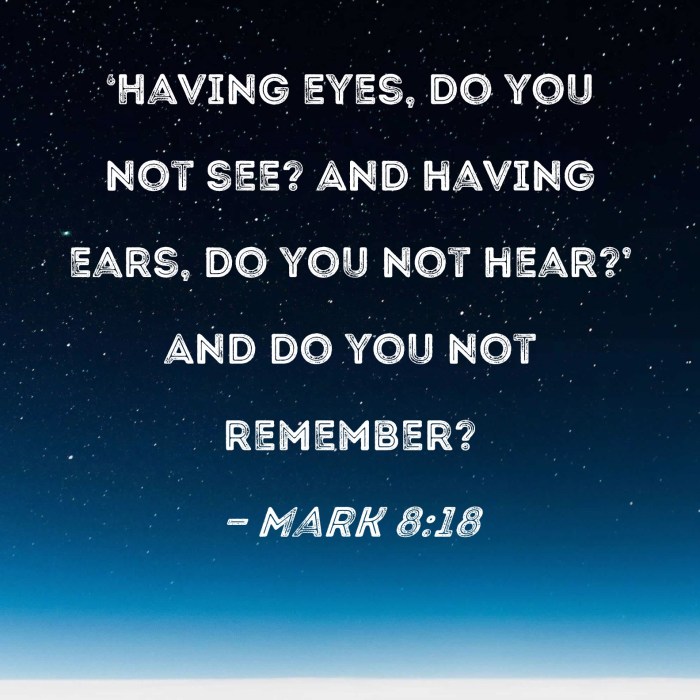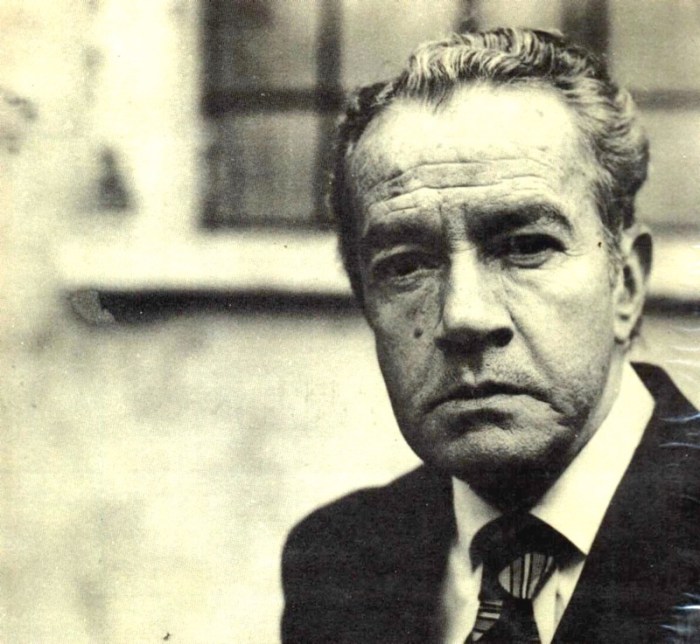No oyes ladrar los perros juan rulfo – Juan Rulfo’s enigmatic short story, “No Oyes Ladrar los Perros,” presents a haunting exploration of isolation and societal decay through the absence of dogs barking. This evocative narrative delves into the profound themes and motifs that permeate Rulfo’s literary oeuvre, inviting readers to unravel the complexities of human existence.
Rulfo’s masterful use of symbolism and literary techniques creates a vivid and unsettling atmosphere, where the silence of the dogs becomes a potent metaphor for the loss of community and the erosion of human connection.
Context and Background

Within the literary landscape of Juan Rulfo’s work, “no oyes ladrar los perros” holds a pivotal position. It encapsulates the essence of Rulfo’s writing, which delves into the complexities of human existence in rural Mexico.
Rulfo’s narratives explore themes of solitude, loss, and the enduring power of memory. The absence of dogs barking in this story becomes a potent symbol of the profound isolation and alienation experienced by his characters.
Symbolism and Interpretation

Dogs, in many cultures, represent loyalty, protection, and a sense of community. Their barking is a familiar sound that brings comfort and security. In “no oyes ladrar los perros,” the absence of this sound creates an unsettling atmosphere of emptiness and desolation.
The phrase “no oyes ladrar los perros” can be interpreted as a metaphor for societal isolation. The characters in the story live in a state of profound loneliness, disconnected from the world around them.
Literary Techniques

Rulfo employs a range of literary techniques to convey the absence of dogs barking. He uses vivid imagery, such as the description of the “silent streets” and the “empty houses,” to create a sense of desolation.
Metaphorically, the absence of sound is used to highlight the characters’ inner emptiness. The silence becomes a deafening presence, echoing the void within their souls.
Cultural and Historical Context
During the time period in which Rulfo wrote, dogs held a significant place in Mexican society. They were often used as symbols of loyalty and protection, and their presence was a reassuring sign of community.
The absence of dogs barking in the story reflects the broader social and historical realities of the era. The Mexican Revolution had left a profound impact on the country, causing widespread displacement and social upheaval.
Comparative Analysis: No Oyes Ladrar Los Perros Juan Rulfo
“No oyes ladrar los perros” shares similarities with other works of literature that explore the absence of sound. In Samuel Beckett’s play “Waiting for Godot,” the characters wait in vain for the sound of a dog’s bark, a symbol of hope and redemption.
However, Rulfo’s work is unique in its portrayal of the absence of sound as a reflection of both societal and personal isolation. It captures the profound sense of loneliness and alienation that characterized Mexican society during a time of great social and political upheaval.
Clarifying Questions
What is the significance of the absence of dogs barking in the story?
The absence of dogs barking symbolizes the loss of community and the erosion of human connection. It creates a sense of isolation and desolation, highlighting the characters’ detachment from society and their own humanity.
How does Rulfo use literary techniques to convey the absence of dogs barking?
Rulfo employs vivid imagery, metaphors, and sensory details to create a tangible sense of the silence. He uses repetition, contrast, and foreshadowing to build tension and emphasize the impact of the dogs’ absence.
What are the broader themes explored in “No Oyes Ladrar los Perros”?
The story explores themes of isolation, societal decay, the search for meaning, and the fragility of human existence. It delves into the consequences of social and economic inequality, the loss of tradition, and the struggle for survival in a harsh and unforgiving world.